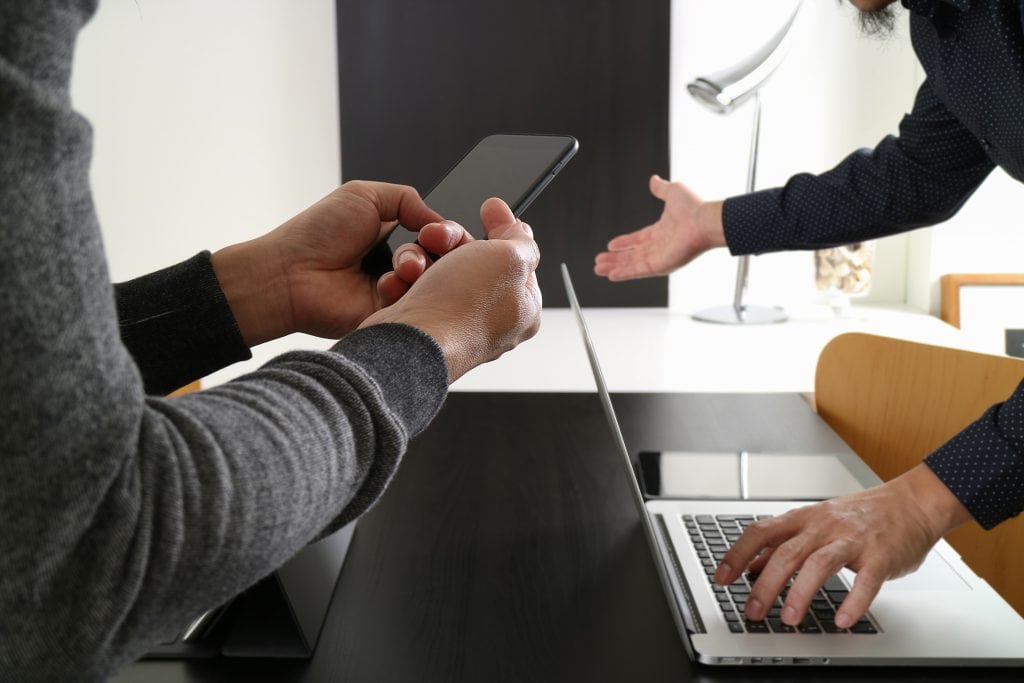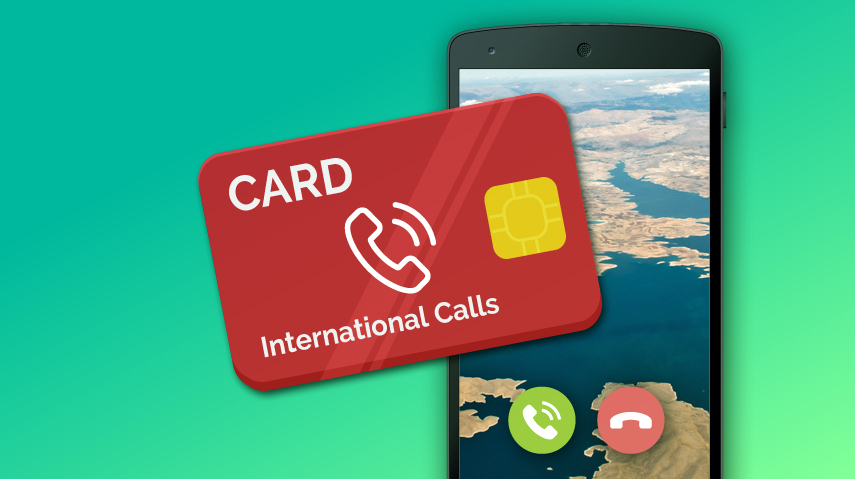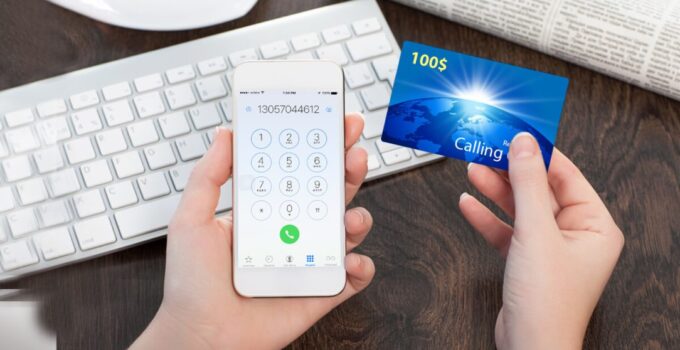After spending some time working inside the international phone card industry I have developed some useful insider information that can help consumers make better decisions when it comes to purchasing phone cards.
This has also come in handy for when I travel overseas, international phone cards have a been a great tool to not only call back home but call my friends from different countries.
Of course, I also use free calling apps as well but they are only useful for calling countries that have reliable and fast internet.
The advantage to using international phone cards is that they use traditional copper lines to connect calls and even in remote locations you are able to get a call out to someone.
International phone cards are a great tool but they are unfortunately a little more tricky to buy.
The average consumer tends to buy based on the lowest per minute rate which in most cases is the riskiest thing you can do, why?
Because phone card services are well aware of this and will use a low calling rate to get you in but will tax you in other ways like hidden service charges.
The phone card industry is incredibly competitive and these services lose money on a lot of destinations so they need to come up with other ways to recover those losses.
Recently, a consumer watchdog group ran an experiment to see what the general experience was like when it comes to buying international phone cards to help build more awareness for consumers.
I’ve picked 4 areas which are the ones that people should be aware of along with my take on it so that you become more informed of how to make the best buying decision when it comes to international phone cards.
1. 48% of cards applied a daily service charge or fee once the card is activated

Source: unsplash.com
“Out of all of the special fees the daily service charge is the one to keep your eye on when buying international phone cards” – JT, phonecardchoice.com.
What is a daily service charge?
A daily service charge is a recurring fee that is automatically deducted from your phone card’s balance regardless of whether you use the phone card or not – this can be daily, weekly or monthly.
Obviously, this is used to extract more money from their customers, the goal being to claw as much money back as possible.
Phone card companies work on very thin margins on most countries so adding extra fees is a way to not only offer low per minute rates (to pull in more customers) but also keep themselves in business.
As far as I’m aware there is no direct benefit to the customer other than keeping the business using this strategy afloat.
Unfortunately, this strategy is very common inside the phone card industry and if possible, try to avoid purchasing a calling card that comes with a daily service charge.
2. Only 28% cards had any sort of in-store information about rates, terms and conditions

Source: globalcallforwarding.com
Most international calling cards are sold inside general stores, like newsagents and supermarkets and so you are not likely going to see all of the information you need to make a clear buying decision simply because that would take up a lot of space – calling cards aren’t just about the lowest calling rates, there are a few other important things to understand. For example:
- Billing increments
- Rechargeable or one-off phone cards
- Which countries and which devices (landline, mobile or both?)
- Variable rates or fixed?
- Connection or disconnection fees
- Expiration dates
- What to do in case of phone card not working
This is why I recommend that people who are looking to buy a phone card only purchase from a specialist retailer, if you are buying from an online retailer then you are going to see all of this information, or if buying from a physical retail store then you can speak to the assistant and ask the necessary questions.
3. 94% of salespeople couldn’t give the customer any information about calling rates

Source: pinngle.me
Circling back around to the number one reason why you should only buy your phone card from a specialist retailer who only sells phone cards is that general store retailers who sell 100 different products are not going to be able to answer your questions in enough depth other than how much it costs and maybe which phone car dis best for which country.
Consider asking questions around these areas (this is only a small list by the way):
- What are the billing increments?
- Rechargeable or one-off phone cards
- Which countries and which devices (landline, mobile or both?)
- Variable rates or fixed?
- Are there any connection or disconnection fees?
- When does the phone card expire? Do I lose my credit? Is there a reactivation fee?
- What to do in case of phone card not working
There is no way that retailer is going to be able to help, they may need to call the phone card service where they ordered from to get the information.
4. 9% had poor call quality

Source: unsplash.com
If you are paying super cheap fees then you are going to have to accept the fact that you may not get a crystal clear call on every call, because the phone card service will not be using the same high cost carriers (these are what carries your call from one country to another) so there will be lower quality calls in some cases and it also depends on where you are calling to.
9% is actually a fairly good percentage rate, in other words 91% of calls had good call quality.



